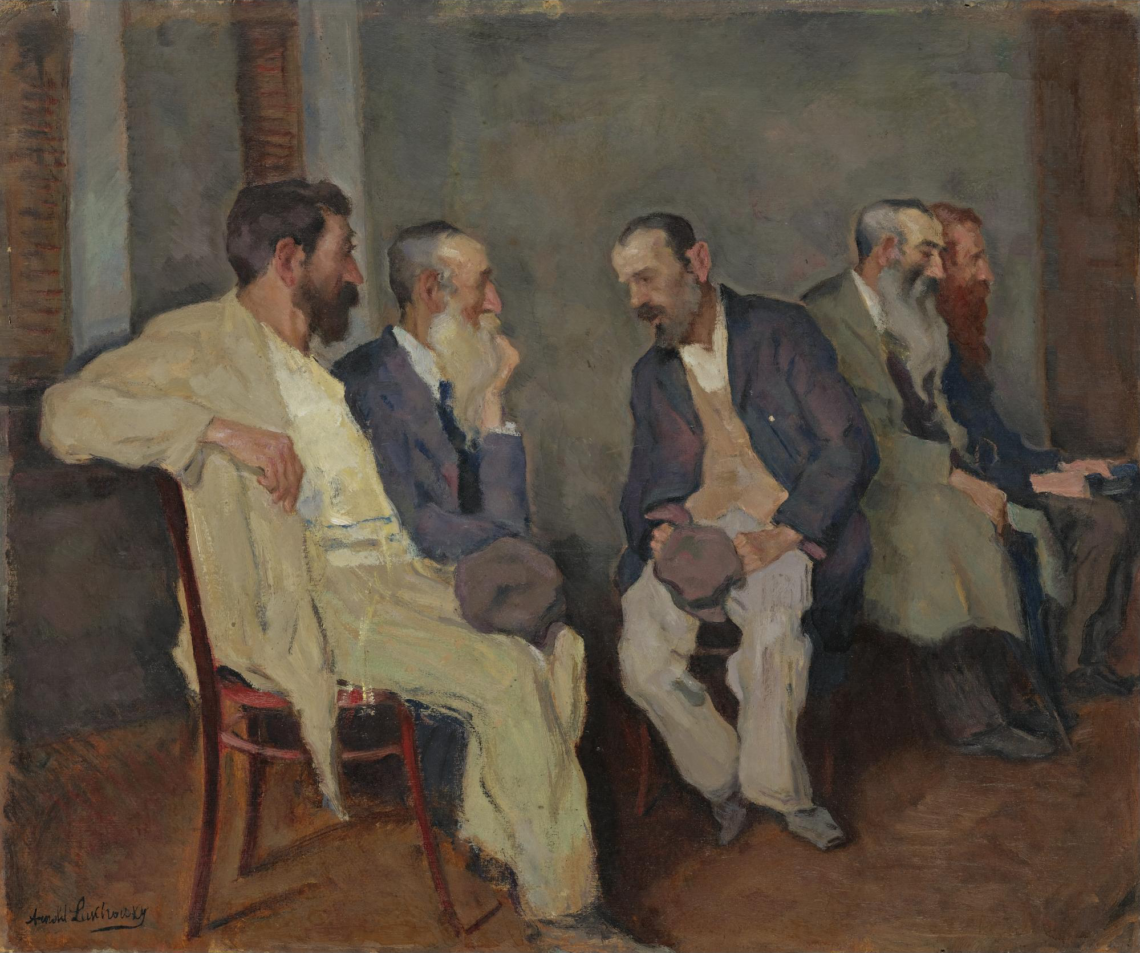Adams writes “to refute two…objections to the doctrine of divine necessity” (742). In doing so, he provides a refutation for evolutionary naturalism and an argument for the existence of God. Obj #1: The proposition, ‘God exists’, cannot be a necessary truth because only analytic truths can be necessary truths but existential propositions cannot be analytic truths. ‘God exists’ is an existential proposition. Therefore, ‘God exists’ cannot be a necessary truth. Why think analytic propositions cannot be existential propositions? An analytic proposition is a conditional the consequent of which is a correct analysis of the antecedent. For example, the proposition ‘if he is a bachelor, then he is unmarried’ (or ‘all…
-
-
Combatting AI Hype
In “The Seven Deadly Sins of AI Predictions” Rodney Brooks argues that we ought to push back against mistaken predictions about artificial intelligence. Optimism about A.I. has simultaneously led to utopian visions of a workless future and fears of an AI that might destroy us. His main point is that we ought to stop falling for AI hype. First, if we don’t know what something will be able to do, we will have a hard time knowing what it won’t be able to do: If something is magic, it is hard to know its limitations…This is a problem we all have with imagined future technology. If it is far enough…
-
CERN: “The Universe Should Not Exist”
Physicists puzzle over how the universe got going. The most plausible answer that does not rely on the existence of God is that the universe emerged from a ‘big bang’. However, it is not clear that the theory stands up to scrutiny. Apparently, the theory seems to entail that there would be no universe. The New York Post reports the following: Our existence is one giant, unexplainable head scratch. The universe shouldn’t technically exist, according to top scientists who have spent their careers trying to figure out how the beginning of everything didn’t immediately destroy itself. Apparently, the big bang theory of the origin of the universe entails that there is…
-
Legal Nativism?
Over at Law and Liberty, John McGinnis favorably quotes legal scholar Harold Berman. Berman apparently told The Fulton County Daily Report (although, I can’t for the life of me find the quotation in its original context): A child says, ‘It’s my toy.’ That’s property law. A child says, ‘You promised me.’ That’s contract law. A child says, ‘He hit me first.’ That’s criminal law. A child says, ‘Daddy said I could.’ That’s constitutional law. McGinnis finds strong support for Berman’s claims in the developemt in of his own daughter: “As my daughter turns two this week, nothing has been more remarkable to this law professor than her already intense relation with rules, vindicating…
-
The Value of Hard Work
“Labor not to be rich” (Prov 23:4) “The thoughts of the diligent tend only to plenteousness; but of every one that is hasty only to want” (Prov 21:5) “So whether you eat or drink or whatever you do, do it all for the glory of God.” (1 Cor 10:31) Hard work has a non-monetry value prior to its evaluation by those who pay for it. It’s a good thing no matter what one is paid to do it. The monetary value applied to work does not necessarily reflect its value. In part, this is due to kinds of work being more or less available, but it is also due to…
-
Generous Interpretation – The Bedrock of Good Relations
Relationships only work when we generally impute good motives to the speakers of sentences. Due to the nature of natural human languages, vagueness and ambiguity are inevitable in speech. Every-day talk is not supposed to be precise. But it works well because we assume the best of other people. At least in public discourse in America, this assumption is no longer true. It seems we assume the worst motives in other people (at least of those whose political opinions are not the same as our own). Even when we agree with them, we appear unable to impute good motives to our opponents (let alone when we disagree). One’s policy in…
-
Free Will: More Than One Game in Town
I have spent many an hour in the company of friends who hold to a form of libertarian free will. Most conversations on the matter are gracious and good spirited. Some people are slightly mystified by my Calvinism, but they earnestly seek to know what it is and why anyone would hold to such a thing. Occasionally, however, I have confronted the more extreme type who claims that there can be only one kind of free will. They represent a necessary-truth type of libertarian free will proponent. Evan Minton is of this stripe. He argues that libertarian free will is the only game in town. We either have the libertarian…
-
Original Sin: Disposition or Ability.
Since the fall, human beings are said to be born with original or inherited sin. By whatever means we inherit this problem, we have it innately. We do not acquire it sometime in our lives. Paul tells us that Adam’s sin affects the whole human species (Rom 5:12). Luther wrote, “all men are full of evil lust and inclinations from their mothers’ wombs.” Calvin wrote that original sin is “a hereditary depravity and corruption of our nature, diffused into all parts of the soul, which first makes us liable to God’s wrath, then also brings forth in us those works which Scripture calls ‘works of the flesh’ (Gal 5:19).” The doctrine of…

